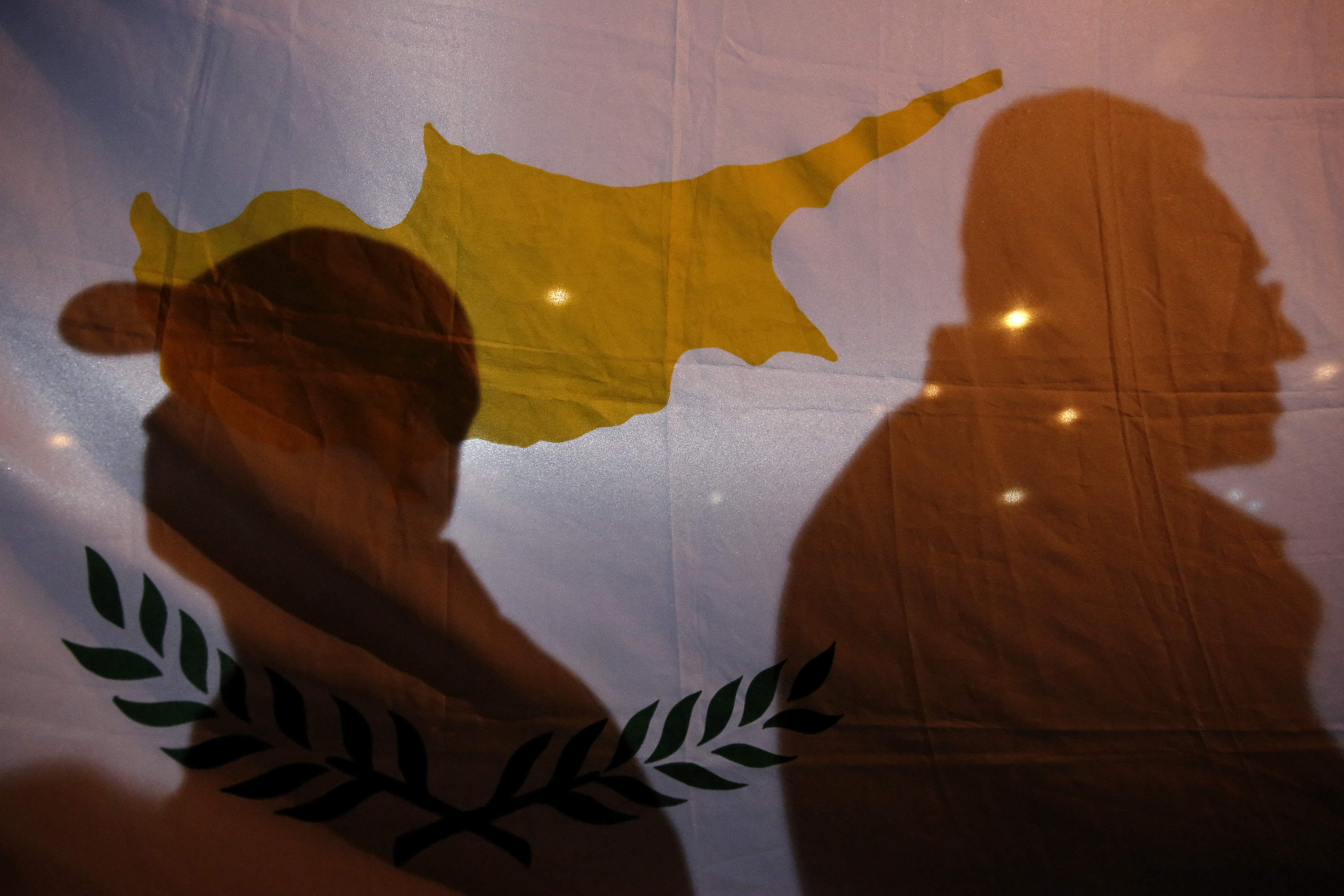Cyprus agrees deal on €10bn bailout

Cyprus reached an 11th-hour €10bn bailout deal with international lenders on Monday morning that avoids a controversial levy on bank accounts but will force large losses on big deposits in the island’s two largest lenders.
The deal will allow the European Central Bank to keep its emergency lifeline open to Cypriot banks on Monday, preventing a meltdown of the financial sector that threatened the country’s euro membership.
It was reached in the early hours of Monday after a stormy meeting of 17 eurozone finance ministers that lasted almost 12 hours, and included a threat by the Cypriot president to pull his country out of the euro.
For UNI Finance, this new plan is a first step in the right direction to put Cypress back on a more sustainable economic model. Cyprus is another southern European country that was hit hard by the crisis. Liberalization and de-regulation of financial markets had been creating an artificial tax heaven, while further increasing inequalities among the population of the island.
The tax rate in Cyprus has been averaging only 10%, therefore attracting dubious investments from Russia and other countries . Russian investments in Cyprus are estimated at 26 billion Euros, while the Cypriote GDP is 18 billion. It is therefore not surprising, that already in 2011 Russia granted a 2.5 billion Euro emergency credit to Cyprus. Cyprus has become a money-laundering machine for the Russian oligarchy. 500.000 Russians visited Cyprus last year and more than 10.000 have a permanent residence permit. The biggest investor of the biggest bank of the country, the Bank of Cyprus, is the Russian billionaire Dimitri Rybolowlew.
Altogether Cyprus needed 16 billion Euros to rescue its economy. Ten billion were offered by the European Stability Scheme and the IMF. The rest had to be covered by the investors through a one off charge. But the question was whether or not the burden would fall onto small or large depositors.
The new plan does not need approval from the Cypriot parliament because the losses on large depositors will be achieved through a restructuring of the island’s two largest banks and not a tax. The parliament passed a new law governing bank failures just three days ago at Brussels’ urging.
Markets responded positively to news of the deal and banks should reopen on this week.
In addition to scrapping the countrywide levy and the fact that the new deal does not require parliamentary approval, the biggest difference between the two agreements is that the new programme spares all deposits below €100,000.
The previous bailout agreement included a 6.75 per cent levy on these small deposits, spurring outrage that accounts covered by the EU’s €100,000 legal guarantee were being raided.
Instead, the new programme will see Laiki Bank, the country’s second-largest and most troubled financial institution, close. Its €4.2bn in deposits over €100,000 will be placed in a “bad bank”, meaning they could be wiped out entirely.
The remaining smaller deposits at Laiki will be transferred to Bank of Cyprus, the nation’s largest lender, which in turn will be shrunk and completely restructured. Deposits over €100,000 in Bank of Cyprus will be frozen and could see significant losses once the lender is restructured and recapitalised.
Unlike the original deal signed a week ago, only large deposits in Laiki and Bank of Cyprus will suffer losses. Combined, the two banks account for about half of all deposits in the country.

